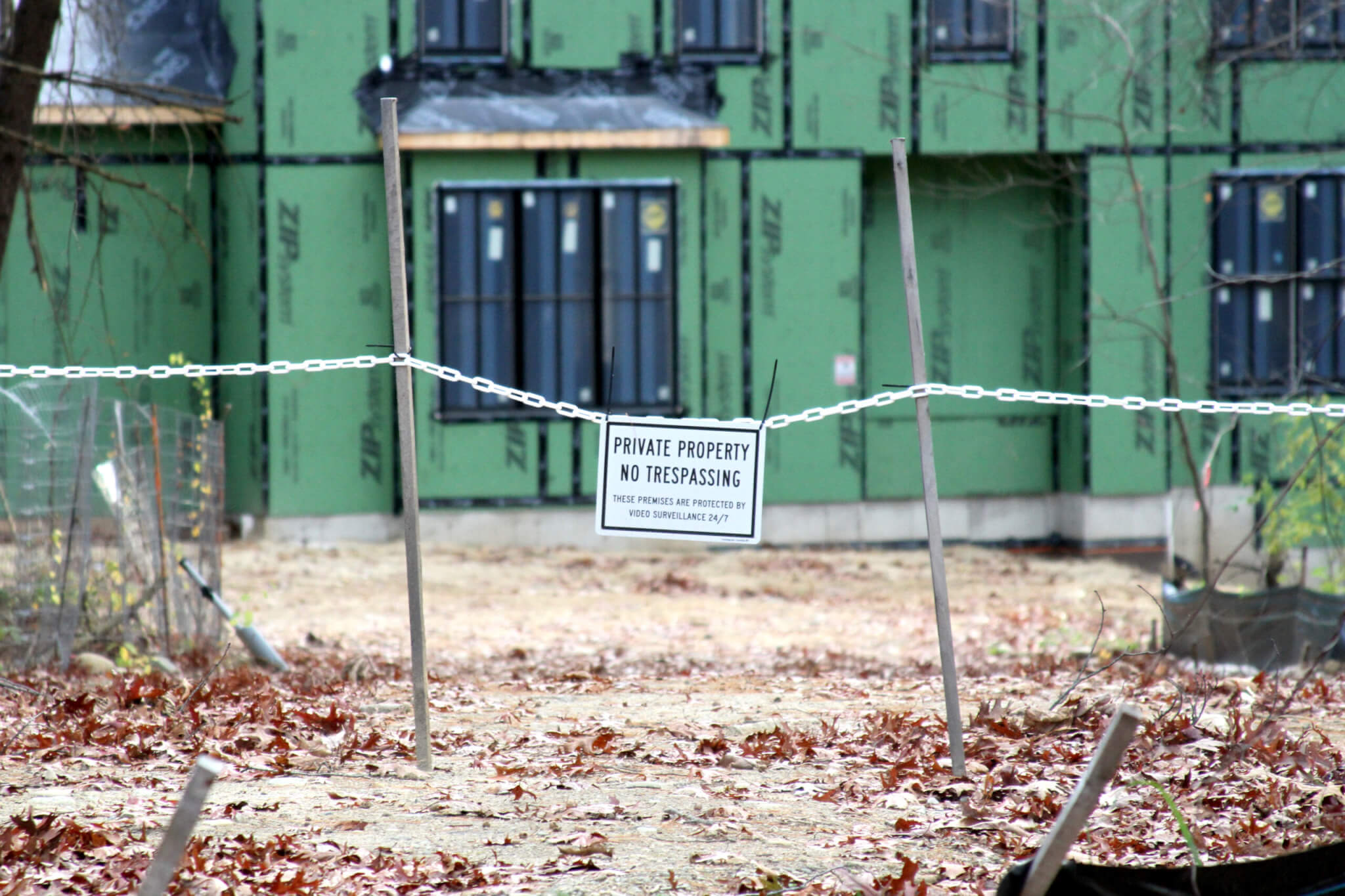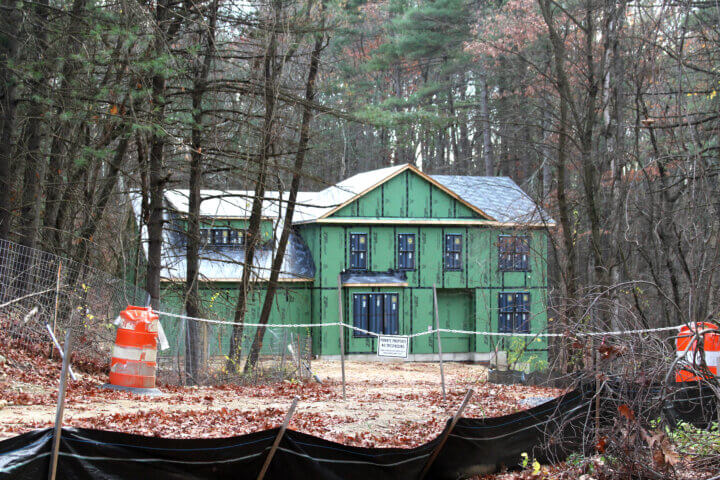By Erin Tiernan — Erin@concordbridge.org
A Concord title theft case is highlighting a type of fraud that an industry expert warns “is happening a lot more often” than many realize.

Vacant lots, like the one scammers targeted on Mattison Drive, are “a big, big draw” for criminals because there’s a higher chance the theft can go unnoticed, said Lisa Vesperman Still, a title underwriter and past president of the New England Land Title Association.
Known as deed fraud or home title theft, the schemes involve forging documents to record phony property transfers. Criminals typically then sell the land or assets or take out mortgages to turn a profit.
In the case of 211 Mattison Drive, the still-unidentified scammers cashed in for nearly a half-million dollars.
At present, no national statistics track home title theft. The FBI’s 2023 Internet Crime Report tracked 9,521 complaints of cyber-related real estate and rental fraud last year, with losses totaling more than $145 million.
Protecting property from tech-savvy fraudsters can be tricky, Still said. She recommended title insurance for all prospective buyers — but said it doesn’t prevent deed fraud.
“Title insurance, unlike other insurances, is retroactive, meaning that it covers things that happened as of the date of that policy,” Still said. “It doesn’t normally cover things that happen in the future.”
In the case of Mattison Drive, it means the developers who bought the land in the scam deal would be protected — but the Jarakis have to sue to be made whole. Their case is playing out in Middlesex County Superior Court.

Still said property owners should enroll in the Registry of Deeds’ free notification service, which emails title holders whenever a new document is recorded on their property.
Though the alert would come only after a fraudulent filing was committed, she said, owners would be alerted quickly enough that “there certainly wouldn’t be a house with a foundation there yet.”







